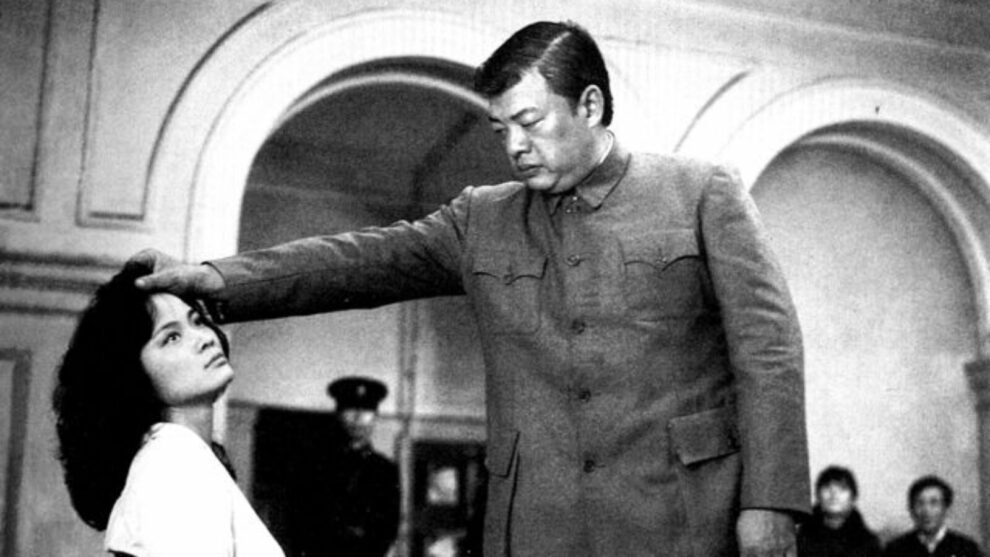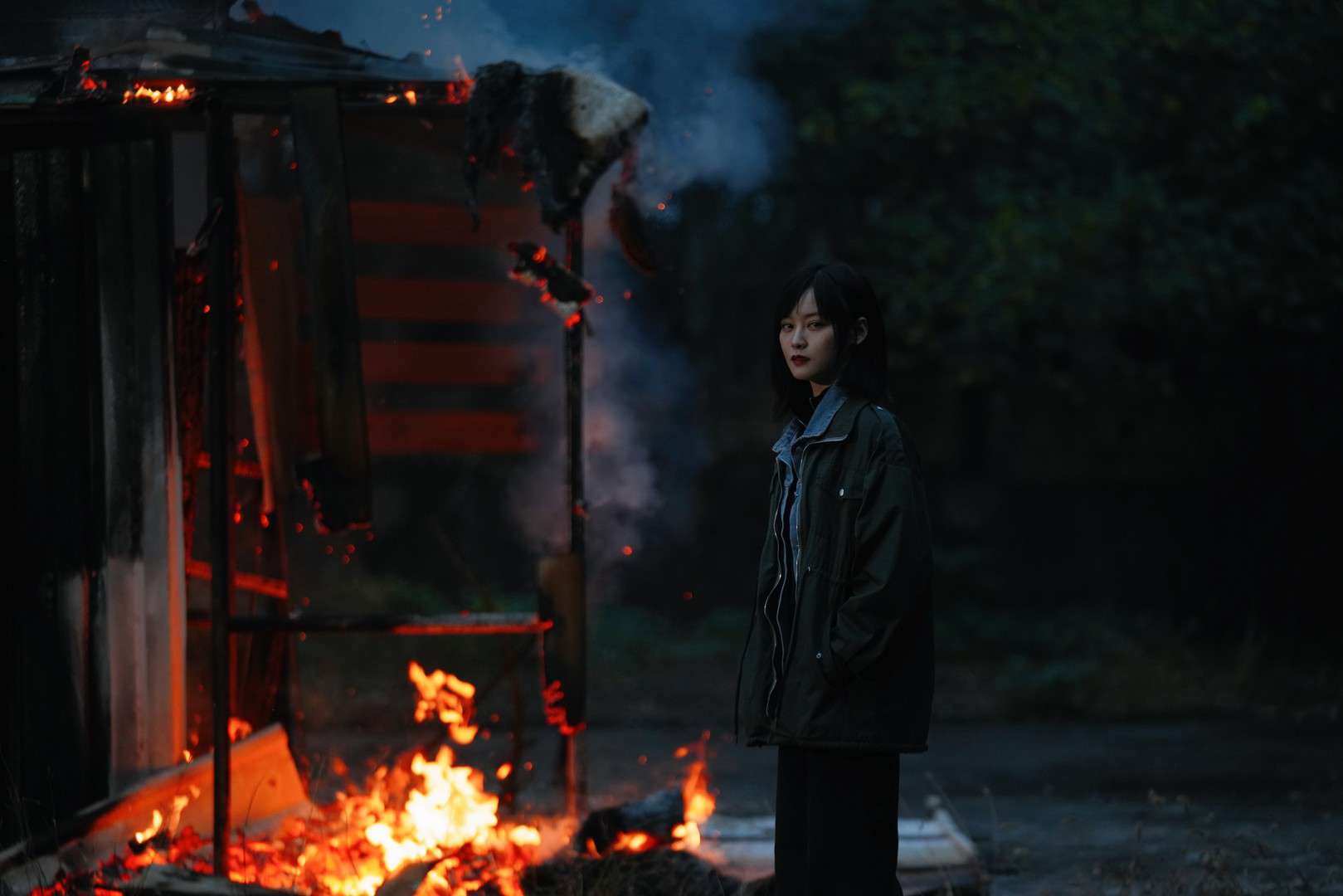Based on a true story, “The First Error Step” made an instant hit in 1979 in Taiwan. It brought about a social realist film trend in the country, in a time of strict censorship and political repression. However, the “social realism” here is a euphemistic description for what is really a B-film genre, which exploited both sex and violence. By 1983, up to 117 such films had been previewed by the censorship committee. Eventually the Taiwanese government shut them down and showed them to filmmakers as examples of what not to do, before destroying most of the prints after their theatrical run.
Hou Chi-jan always loved movies, but was shocked into full on cinephilia when his mother took him to see The Color Purple. Hou devoted his life to film, seeing movies whenever he could (usually at the infamous MTV/U2 rooms in Taiwan) and eventually going to film school where he made “Stardust 15749001” and won the Grand Prize at the Taipei International Film Festival. Even after the accolades and awards, Hou found himself taking a job at the Taipei Film Archives doing data entry. There he discovered a stack of old video tapes: the Taiwan Black Movies. His discovery was eventually turned into the homonymous documentary.
Discovering a number of key individuals from the era, including director and protagonist of the iconic “The Lady Avenger”, Yang Chia-yun and Lu Hsia-fen respectively, critics, scholars, script-writers and editors, Hou Chi-jan manages to create a rather thorough portrait of the movies, and the social, political and economical setting that gave birth to them.
Of particular interest are the chapters about the involvement of gangsters and the way censorship worked at the time. Local mafia seemed to be quite involved in the production of the films, considering the fact that these titles needed a small budget and had rather good turnaround. An amusing anecdote underscores their influence: when a gangster entered the editing room, immediate priority was granted—a testament to their involvement and influence in the industry. The same applies to the fact that a number of low-level ones would just appear during a shooting, eventually becoming supernumeraries for a hefty amount, in an aspect that could easily give inspiration for a script by itself.
The censorship information is also both informative and amusing, particularly in the ways directors found to navigate the authorities, especially regarding nudity, as this element was one of the main attractions of the Black Films. Including patriotic elements, and pretending that the setting of all the onerous things depicted was not Taiwan, but China or Hong Kong were regular tactics, in an element that also shows the sociopolitical context of the time. The surge of films about female avengers takes another significant part of the documentary, with titles like “Queen Bee” commented upon by its director, Wang Chung-kuang, with the same applying to the gambling films.
As the documentary unfolds in the hour of its duration, the way these movies were affected and inspired by the Japanese exploitation of the 70s and 80s becomes quite apparent, with both sharing the low budget, quick shooting, significant profit, sex, violence and the inspiration by the news of the time. That this aspect is not commented upon, particularly when it becomes rather obvious in the gambling scenes, emerges as an issue, although, evidently, this was not done on purpose.
It terms of the cinematic approach to the documentary, Hou Chi-jan does not exactly reinvigorate the category, with the movie following the usual style of interviews followed by footage of the said movies. Considering the context, however, this approach emerges as ideal, with the job done by Chen Po-wen in the editing being excellent.
“Taiwan Black Movies” manages to shed a rather thorough light in a relatively unknown part of Taiwanese cinema history, and this is what deems it a truly significant documentary.
















